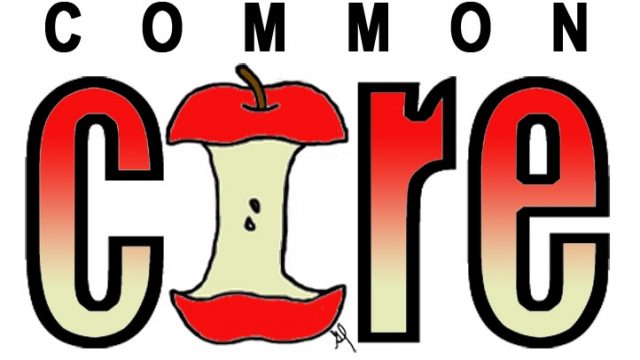Steve Cates Column: Chamber Of Commerce Meeting On Common Core Disappoints

The meeting held in Bismarck on the evening of March 27th was claimed by the Bismarck-Mandan Chamber of Commerce (Chamber) to be to discuss the “facts and fallacies of Common Core” according to their meeting announcement. How accurate is this claim? In town halls, school board meetings, and a majority of open informational meetings the public is allowed to directly ask questions of “officials” with give and take in a conversational manner so the dialog results in coherent, sequential communication. That is not how it is done in a guided manipulated setting designed to give the appearance to those not familiar with the technique of the controlled outcome process.
Here is how the controlled outcome process went in this case:
Stacked Panel: All of the Chamber sanctioned panelists were advocates and that the Chamber has a public position in support of the Common Core Standards (Common Core). There was no one at the front table, in a position of “authority” who opposed Common Core. This is an aspect of the technique that infers validity while inferring by lack of sanctioned opposition, the inferior position of the opponents.
Venting Without Dialog: The meeting opened with the attendees being allowed to make statements. This is the “venting” stage. Attendees get the impression that they are asking questions while the panelists do not have to respond to those statement/questions. This part of the technique also allows the proponent panelists to know specifically what the concerns are so that they can prepare in advance to tailor their answers without having to participate in any immediate give and take (dialog) with a questioner that includes in-depth follow-up and clarification discussion (answering questions).
Warm and Fuzzy Support for Standards: Ryan Townsend gave presentation on how cute he was, how cute his children whom he loves are, and how important therefore, these standards are to him and them. In the presentation were examples of how Common Core was judged to be needed by McREL Laboratory analysis (he did not mention that the Federal Department of Education is primarily if not the sole financial support of McREL). Mr. Townsend did not mention that McREL guided the adoption process of the standards. Mr. Townsend took no questions during or after his presentation. This is odd as educators know that when people want to learn about something as in a classroom, those people need to ask questions that involve dialog.
Chamber Picks the Questions: When it came to the direct question period the audience had to write their question on a piece of paper. Why one would ask, were the members of the audience not allowed to just stand up and dialog with the panel, and participate in a direct line of questioning that would allow follow up and clarification in the manner that is done in classrooms or public meeting were real question result in answers? Instead, the Chamber (whom are advocates of Common Core) selected the questions that the panel would answer. No dialog, no follow up, no give and take as is the norm for when “facts and fallacies” are examined in real life settings. What questions were not asked?
It would have taken no longer to structure this meeting so that people could stand up, ask a direct question of panelists and had the ability to follow that question with two-way dialog until the question was fully answered.
If this meeting was to “expose the facts and fallacies of Common Core” it would have had the structure and process of town hall, PTA, and all public meeting where the aim is transparency and clarification. Was this in fact, a manipulated process that was by design advocacy with the intended façade of legitimacy? Was this meeting application of the technique of the controlled outcome process?




